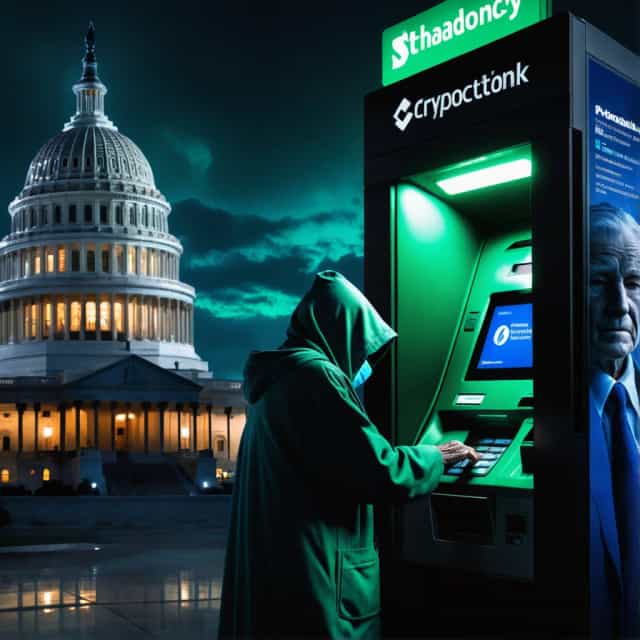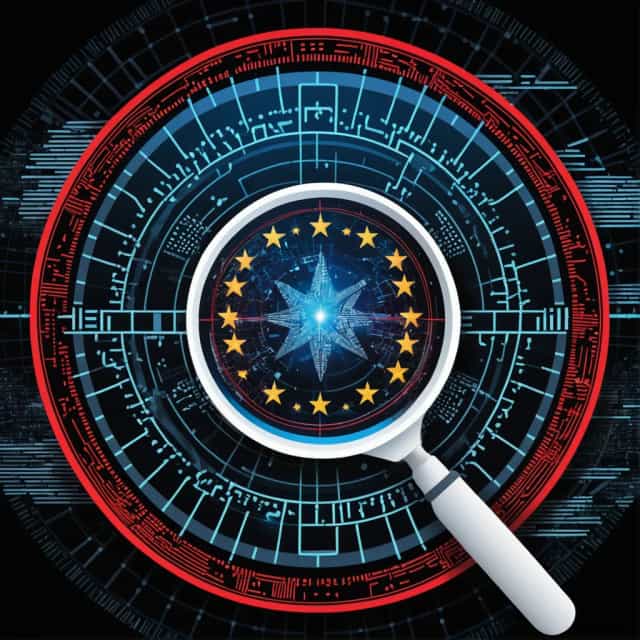
Image source: Block Media
South Korea’s Democratic Party Sets Ambitious Plan for Digital Asset Regulation
South Korea’s Democratic Party has unveiled a dedicated Digital Asset Task Force (TF) tasked with spearheading efforts to establish a robust legal framework for digital asset regulation by the end of the year. This initiative reflects the growing recognition of blockchain-powered financial systems and aims to address both the opportunities and challenges in the rapidly evolving digital asset industry.
The Shift Toward Mainstream Adoption of Digital Assets
During the inauguration ceremony held at the National Assembly on October 24th, Han Jeong-ae, chair of the Democratic Party’s Policy Committee, emphasized the increasing relevance of digital assets as mainstream investment tools. She remarked, “Digital assets have already become a major investment tool and are entering the mainstream.” Han further highlighted the long-standing demand for comprehensive legislation to govern this sector, signaling the urgency to shape regulatory measures that align with South Korea’s evolving financial ecosystem.
“While traditional financial systems remain dominant, the rise of digital assets marks a profound shift in the financial landscape,” Han stated. “Institutional reforms are clearly necessary to address this shift.”
Legislative Goals and Strategic Roadmap
Lee Jeong-moon, the Democratic Party lawmaker leading the task force, outlined the party’s proactive approach to digital asset regulation. “Rather than being swept away by monumental changes, we aim to lead discussions and set clear directions for this transformative industry,” Lee asserted. He revealed that the task force would focus on advancing digital asset-related laws during regular parliamentary sessions, with the aim of establishing regulations before year-end.
Lee emphasized the importance of safeguarding South Korea's monetary sovereignty, particularly in relation to stablecoins and their alignment with the Korean won. "We plan to protect currency sovereignty while creating a stable policy framework for Korean-won-based stablecoins," he declared. The legislative effort will balance innovation with consumer protection and financial stability, ensuring comprehensive oversight while fostering the growth of the digital economy.
Building Consensus Across Party Lines
Bipartisan support is shaping up as a critical factor in expediting the legislation process. Ando-geol, secretary of the Democratic Party’s task force, expressed optimism about working with opposition parties to achieve regulatory milestones. “There exists broad consensus to enact digital asset-related legislation within this year, with agreement between both ruling and opposition parties,” Ando said. Highlighting commonalities in proposed bills from both parties, he noted that the stablecoin legislation endorsed by People Power Party lawmaker Kim Eun-hye aligns with his own proposals, further signaling cohesive collaboration.
Key Stakeholder Engagement and Next Operational Steps
To ensure informed policymaking, the Digital Asset Task Force plans to engage extensively with government officials and private sector stakeholders. Briefings with South Korea’s leading financial agencies—including the Financial Services Commission, Financial Supervisory Service, Ministry of Economy and Finance, and Bank of Korea—are set to initiate full-scale operations starting October 25th.
In November, the task force will begin assembling an advisory council comprising industry experts, fostering open dialogue with businesses directly affected by the upcoming legislation. These roundtable discussions aim to capture frontline industry insights and identify pain points to refine the legal framework further.
South Korea's Forward-Thinking Approach to Digital Asset Regulation
By forming a comprehensive task force and bridging collaboration between policymakers, private sector players, and financial authorities, South Korea is positioning itself as a leader in crafting regulatory frameworks for the digital asset economy. This initiative reflects a dynamic approach aimed at balancing innovation with stability while safeguarding consumer interests and national monetary sovereignty.
The Democratic Party’s decisive steps reinforce its commitment to establishing South Korea as a pioneer in regulatory governance for blockchain-driven technologies, signaling its readiness to adapt to the demands of the fourth industrial revolution. With bipartisan consensus and strategic stakeholder engagement underway, the nation is poised to emerge as a global role model in integrating digital assets into the wider financial ecosystem.










